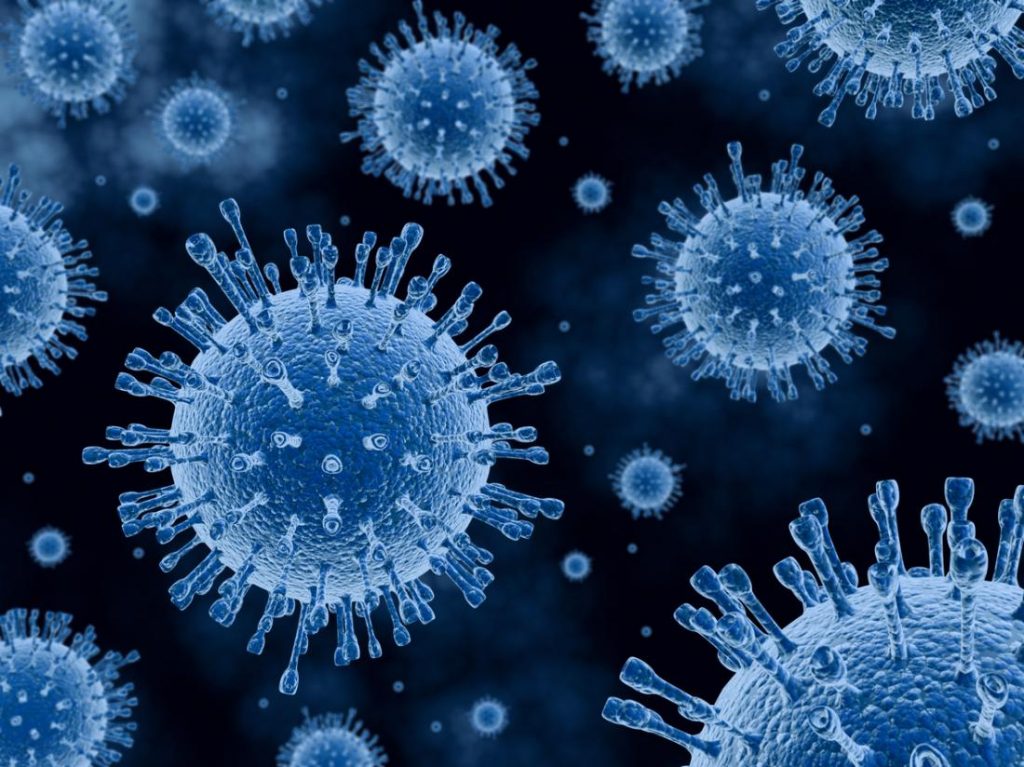The Centers for Disease Control and Prevention (CDC) is warning about a respiratory infection that can affect your kids and even some adults.
As the colder weather approaches, parents should make sure that their kids add on the layers and bundle up so they don’t get sick, but the CDC is warning parents to watch out for Respiratory Syncytial Virus or ‘RSV.’
RSV starts out as looking like a common cold.
RSV is a respiratory virus which usually causes mild, cold-like symptoms and most people recover in a week or 2.
However, RSV can also be serious, especially for infants and older adults.
In fact, it is the most common cause of bronchiolitis (inflammation of the small airways in the lung) and pneumonia (infection of the lungs) in children younger than 1 year.
It is also a significant cause of respiratory illness in older adults.
At the moment, the CDC says there is not a vaccine available to treat RSV. There is a medicine that can help protect some babies. This medicine (called palivizumab) is a series of monthly shots.
What are the Symptoms of RSV?
- Fever
- Reduced appetite
- Runny nose
- Cough
- Wheezing
The CDC provides the following tips to prevent the spread of RSV:
- Wash your hands often. Wash your handsoften with soap and water for 20 seconds, and help young children do the same. If soap and water are not available, use an alcohol-based hand sanitizer that contains at least 60% alcohol. Washing your hands will help protect you from germs.
- Keep your hands off your face. Avoid touching your eyes, nose, and mouthwith unwashed hands. Germs spread this way.
- Avoid close contact with sick people. Avoid close contact, such as kissing, and sharing cups or eating utensils with people who have cold-like symptoms.
- Cover your coughs and sneezes. Cover your mouth and nose with a tissue or upper shirt sleeve when coughing or sneezing. Throw the tissue in the trash afterward and wash your hands.
- Clean and disinfect surfaces. Clean and disinfect surfaces and objects that people frequently touch, such as toys and doorknobs. When people infected with RSV touch surfaces and objects, they can leave behind germs. Also, when they cough or sneeze, droplets containing germs can land on surfaces and objects.
- Stay home when you are sick. If possible, stay home from work, school, and public areas when you are sick. This will help protect others from catching your illness.
